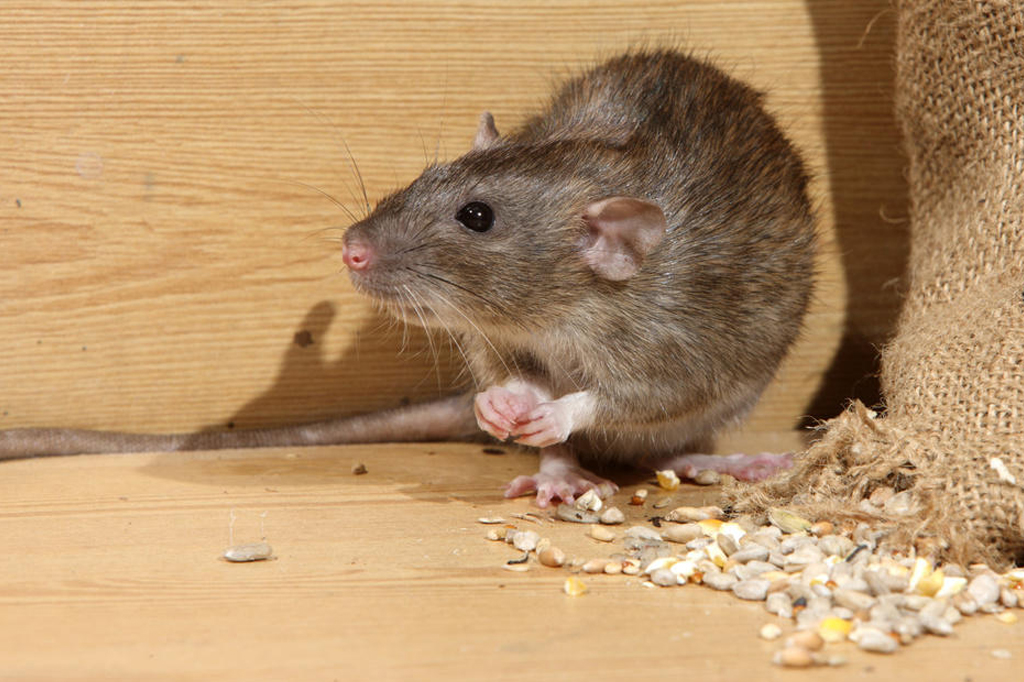In the bustling world of restaurants, maintaining impeccable hygiene is non-negotiable. A rodent infestation is one significant threat that can tarnish a restaurant’s reputation overnight. That’s where pest services come into play. Collaborating with specialized pest control professionals ensures your establishment remains free from these unwanted guests. Pest services offer more than just temporary solutions. They provide comprehensive strategies tailored to the unique challenges restaurants face. From regular inspections to identifying potential entry points to implementing eco-friendly eradication methods, these professionals have the expertise to safeguard your business.
Rodent sightings can deter customers and even lead to health code violations. By investing in pest control services, you’re proactively deciding to protect your restaurant’s reputation and the health of your patrons and staff. Moreover, consistent collaboration with these experts offers peace of mind, allowing you to focus on delivering exceptional culinary experiences. In conclusion, a rodent-free restaurant isn’t just a goal; it’s a necessity. Embracing the expertise of pest services ensures that your establishment remains a haven of cleanliness, quality, and trust in the eyes of your valued customers.
What Are the Best Practices for Rodent Prevention in Restaurant Settings?
In the culinary world, where hygiene is paramount, restaurants must prioritize effective rodent prevention strategies. One essential step is partnering with trusted professionals like Pest Control Vapi. Beyond this collaboration, several best practices can be implemented to ensure a rodent-free environment.
Regular Inspections: Check all areas, including kitchens, storage rooms, and dining spaces. Look for signs like droppings, gnaw marks, or nests.
Seal Entry Points: Rodents can squeeze through tiny openings. Seal gaps around pipes, doors, and windows. Ensure that vents and drains have protective covers.
Maintain Cleanliness: Regularly clean spills, crumbs, and food residues. Store food in airtight containers and ensure trash is disposed of promptly.
Outdoor Maintenance: Keep the exterior of your restaurant clean. Trim vegetation, eliminate standing water, and maintain garbage areas away from the main building.
Educate Staff: Train your team to recognize signs of rodent activity and report concerns immediately. Emphasize the importance of cleanliness and proper food storage practices.
Rodent prevention in restaurant settings requires vigilance, proactive measures, and expert collaboration. By adhering to these best practices and leveraging the expertise of professionals, restaurants can maintain a pristine environment that prioritizes hygiene and customer satisfaction.
How Do Professional Pest Control Services Tailor Solutions to Individual Restaurant Needs?
Professional pest control services, especially those available as pest control near me, take a meticulous and tailored approach when addressing the unique needs of individual restaurants. They commence with comprehensive inspections to identify vulnerabilities inherent to each establishment, considering factors from kitchen configurations to storage nuances. Post-inspection, a detailed risk assessment highlights high-risk zones like dumpster areas or particular food storage sections. With this data, experts craft strategic plans encompassing specialized treatment schedules, bait placements, and exclusion techniques tailored to the restaurant’s requirements.
Crucially, these services prioritize open communication, maintaining a feedback loop with restaurant stakeholders to refine strategies as necessary. Moreover, ensuring alignment with local health and safety regulations remains paramount, underscoring the importance of compliance. In essence, rather than adopting a generic or one-size-fits-all approach, professional pest control services prioritize customization, ensuring each restaurant benefits from strategies optimized for its unique operational landscape and challenges.
How Often Should Restaurants Schedule Pest Control Inspections and Treatments?
Establishing a consistent schedule for pest control inspections and treatments is paramount for restaurants aiming to maintain impeccable standards and uphold their reputation. At the forefront, monthly inspections serve as a foundational pillar, enabling professionals to detect and address any signs of infestations proactively. These routine checks, encompassing pivotal areas such as kitchens, storage zones, and dining spaces, are preventive measures against potential pest disruptions. Complementing this regularity, seasonal treatments emerge as essential components, targeting pests that may surge during specific times of the year.
Additionally, it’s prudent for restaurants to integrate event-based assessments, especially post-renovations, during inventory influxes, or when altering waste disposal methods. Such immediate evaluations ensure that operational changes don’t inadvertently invite pest challenges. By weaving together monthly inspections, seasonal interventions, and timely event-driven assessments, restaurants can craft a holistic pest management strategy. This strategic approach safeguards the establishment’s hygiene standards and underscores its commitment to customer satisfaction and adherence to stringent regulatory guidelines.
Why Is It Essential to Have a Comprehensive Pest Control Plan in Place for Restaurants?
Firstly, pests like rodents, insects, and other unwanted invaders pose significant health risks. Their presence can contaminate food storage areas, preparation surfaces, and packaged goods, leading to foodborne illnesses and tarnished reputations. Moreover, beyond health concerns, pests can wreak havoc on a restaurant’s infrastructure. Gnawed wires, damaged insulation, and compromised structural elements are just some potential repercussions, leading to costly repairs and operational disruptions. Furthermore, consider the financial implications. A single pest sighting can drive away customers, leading to lost revenue and diminished trust. In today’s digital age, where reviews spread rapidly, a pest-related incident can quickly become a public relations nightmare.
Additionally, regulatory compliance must be addressed. Health and safety standards mandate rigorous pest control measures, and failure to adhere can result in penalties, closures, or even legal ramifications. In essence, a comprehensive pest control plan serves as a proactive safeguard, protecting patrons’ health, preserving the establishment’s integrity, and ensuring regulatory adherence. For restaurants committed to excellence, investing in robust pest control isn’t just advisable; it’s essential.

